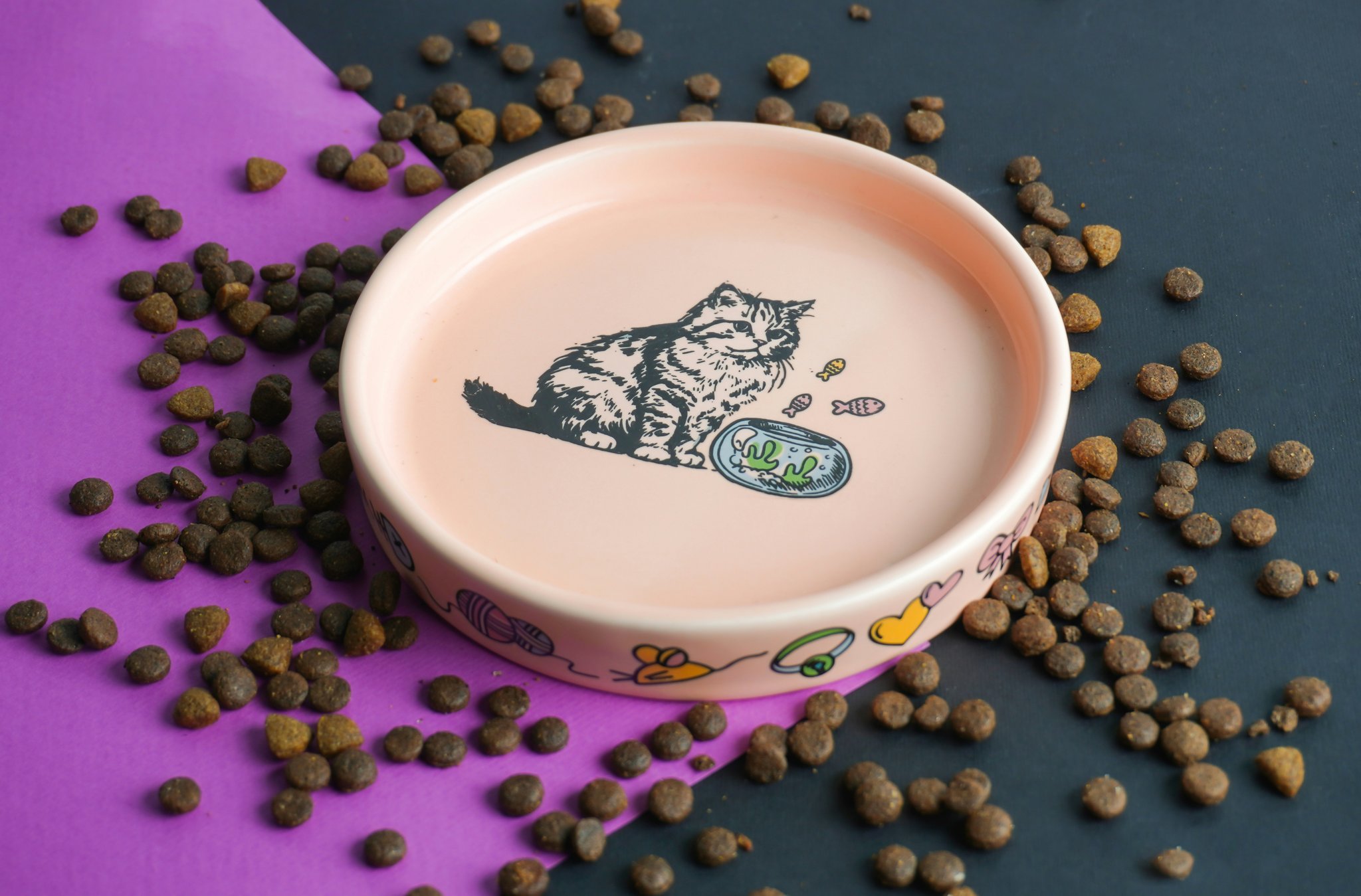Ever watched your hunting dog collapse after a long day in the field? You’re not alone. After all, it’s no secret that hardworking canines require specialized nutrition to bounce back from intense physical activity. But here’s the kicker—most pet owners don’t know how vital “post-hunt recovery nutrition” is for their furry athletes.
In this guide, we’ll unravel what post-hunt recovery nutrition means for hunting dogs, why it matters so much, and how you can ensure your four-legged partner gets exactly what they need to thrive. We’ll cover everything from choosing the right food to avoiding common mistakes (spoiler: kibble isn’t always enough). Ready? Let’s dive in!
Table of Contents
- Why Post-Hunt Recovery Nutrition Matters
- Step-by-Step Guide to Feeding Your Dog Right
- Tips for Best Practices in Hunting Dog Care
- Real-Life Success Stories: Hunters Who Nailed It
- Frequently Asked Questions About Post-Hunt Recovery Nutrition
Key Takeaways
- Hunting dogs burn through energy reserves quickly and need nutrient-dense meals tailored specifically for muscle repair and stamina restoration.
- Protein, healthy fats, and balanced carbs are non-negotiable components of effective post-hunt nutrition.
- Ignoring hydration and electrolyte replenishment is one of the biggest rookie errors made by even experienced hunters.
- Avoid cheap commercial dog foods—they lack essential micronutrients critical for recovery.
Why Post-Hunt Recovery Nutrition Matters

Imagine running a marathon without eating anything afterward. Sounds brutal, right? Yet many hunters unintentionally subject their dogs to the same fate when they neglect proper post-hunt recovery nutrition.
Hunting dogs are elite athletes. Their bodies endure hours of high-intensity exercise—tracking scents, sprinting across fields, and retrieving game—all while burning upwards of 1,000 calories per hour. Without adequate refueling, these pups face sluggish recovery times, increased risk of injury, and even long-term health issues like arthritis or joint pain.
“Optimist You: ‘A bowl of regular kibble should do the trick, right?’
Grumpy You: ‘NOPE. Not if you want Rover bouncing out of bed tomorrow morning.'”*
Step-by-Step Guide to Feeding Your Dog Right

Step 1: Assess Caloric Needs
Before diving into meal prep, calculate your dog’s daily caloric requirements based on weight, age, breed, and level of activity. Tools like AAFCO guidelines provide a solid starting point.
Step 2: Prioritize High-Quality Protein
Protein is king when it comes to repairing muscles strained during vigorous hunts. Aim for formulations containing real chicken, beef, fish, or lamb as primary ingredients—not filler proteins like corn gluten meal.
Step 3: Don’t Skimp on Healthy Fats
Fats support energy reserves and cognitive function. Look for foods rich in omega-3 fatty acids (think salmon oil) and other natural fat sources such as duck fat or flaxseed.
Step 4: Balance with Smart Carbs
Carbohydrates provide quick-release energy, but too much can lead to bloating. Opt for complex carbs like sweet potatoes, brown rice, or oats instead of refined grains.
Step 5: Hydrate and Replenish Electrolytes
A dehydrated dog is an unhappy (and unhealthy) dog. Offer fresh water immediately post-hunt, and consider adding electrolyte supplements formulated for dogs to prevent cramping and fatigue.
Tips for Best Practices in Hunting Dog Care
- Feed Before AND After: A small pre-hunt snack ensures fuel availability; follow up with a hearty dinner once the job’s done.
- Skip Overprocessed Foods: If you wouldn’t eat mystery meat sludge, don’t feed it to your pup either.
- Monitor Weight Changes: Sudden weight loss could indicate malnutrition or overtraining.
- Avoid This Common Mistake: Serving massive portions immediately after hunting may overload their system. Wait at least 30 minutes before feeding to avoid bloat.
Real-Life Success Stories: Hunters Who Nailed It

Take Mark D., a seasoned pheasant hunter from Montana. His Brittany spaniel, Max, used to struggle with stiffness and lethargy after long weekends in the field. That changed once Mark switched to a premium blend featuring 30% protein, 20% fat, and added joint-supporting glucosamine. “Max now bounds out of his crate raring to go,” Mark says proudly.
Moral of the story? Investing in quality nutrition pays off big time—not just for performance but also longevity.
Frequently Asked Questions About Post-Hunt Recovery Nutrition
Q: Can I Use My Regular Dog Food for Post-Hunt Meals?
Short answer: Probably not. Generic dog food often lacks the high-quality protein and balanced macronutrients needed for rapid recovery.
Q: Is Raw Food Better Than Kibble?
Raw diets offer excellent digestibility and higher nutritional value. However, transitioning requires care—consult a vet familiar with raw feeding protocols first.
Q: How Soon Should I Feed After Hunting?
Ideally within 30–60 minutes to maximize nutrient absorption. Just remember—start slow to prevent digestive upset.
Conclusion
Your hunting dog deserves nothing less than peak performance fuel. By prioritizing post-hunt recovery nutrition, you’re setting them up for success both in the field and beyond. Remember:
- Focus on premium proteins, smart fats, and complex carbs.
- Keep hydration top of mind.
- Ditch generic kibble and opt for specialized formulas designed for working breeds.
As you fine-tune your approach, channel your inner grumpy optimist. Sure, switching to top-tier nutrition might feel daunting—but seeing your dog thrive makes every penny worth it. Now grab that bag of hunting dog formula—and let’s get to work!
*Insert nostalgic easter egg alert: Like a Tamagotchi, your hunting dog needs daily TLC.* 🐶✨


